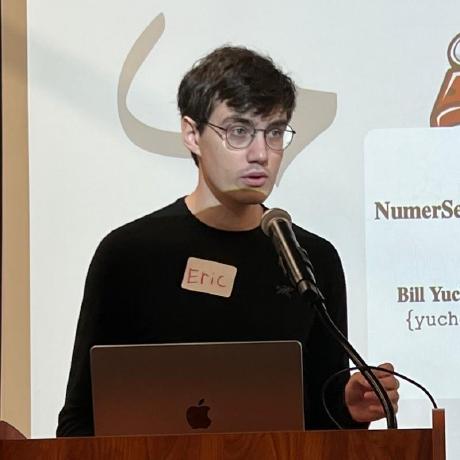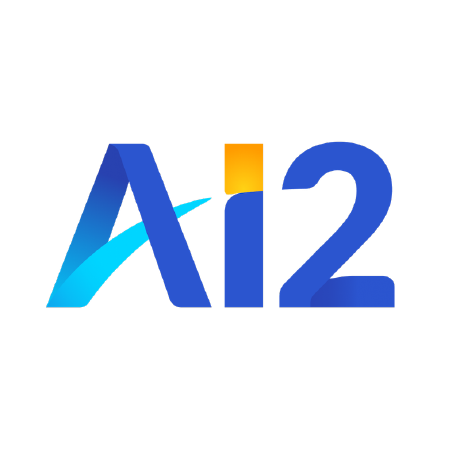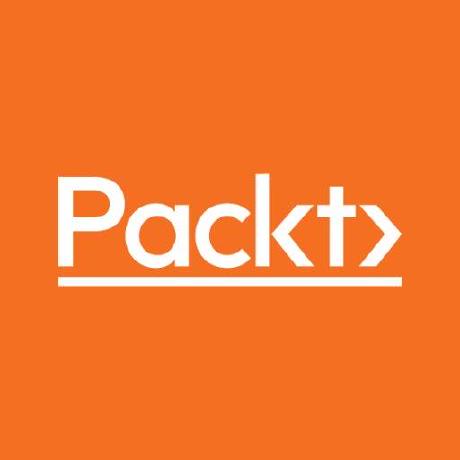Discover and explore top open-source AI tools and projects—updated daily.
nlp-recipes by  microsoft
microsoft
NLP examples and best practices as Jupyter notebooks
Top 7.8% on SourcePulse
This repository provides a comprehensive set of Jupyter notebooks and utility functions for building state-of-the-art Natural Language Processing (NLP) systems. It targets data scientists and ML engineers, offering best practices and end-to-end examples for common NLP tasks, with a strong emphasis on transformer-based models and multi-language support.
How It Works
The project leverages recent advances in NLP, focusing on transformer architectures and pre-trained models like BERT, XLNet, and RoBERTa. It integrates heavily with the Hugging Face transformers library for easy model loading and fine-tuning. The approach prioritizes transfer learning, enabling efficient handling of diverse tasks and languages, and aims to significantly reduce the time-to-market for NLP solutions.
Quick Start & Requirements
- Install: Follow the Setup Guide for environment and dependency setup.
- Prerequisites: Azure subscription recommended for Azure Machine Learning Service integration. Python environment with common ML libraries. GPU and CUDA are beneficial for performance.
- Resources: Notebooks cover various scenarios, some requiring significant compute for training/fine-tuning.
Highlighted Details
- Supports over 10 languages for tasks like text classification, NER, summarization, and question answering.
- Provides end-to-end examples for common NLP scenarios using SOTA models.
- Demonstrates integration with Azure Machine Learning for scalable training, deployment, and MLOps.
- Includes utilities for embeddings (Word2Vec, FastText, GloVe) and sentiment analysis.
Maintenance & Community
- Actively maintained by Microsoft, with contributions encouraged from the open-source community.
- References related repositories like Hugging Face Transformers and Azure Machine Learning Notebooks.
- Blog posts highlight specific use cases and integrations.
Licensing & Compatibility
- The repository itself is licensed under the MIT License.
- Compatibility with commercial use is generally good, but specific model licenses or Azure service terms may apply.
Limitations & Caveats
- While aiming for multi-language support, the breadth of language coverage varies by scenario.
- Some advanced scenarios or large model fine-tuning may require substantial computational resources and Azure ML services.
3 years ago
Inactive

 boat-group
boat-group stanford-crfm
stanford-crfm EricFillion
EricFillion code-kern-ai
code-kern-ai cedrickchee
cedrickchee allenai
allenai abhimishra91
abhimishra91 alibaba
alibaba PacktPublishing
PacktPublishing pytorch
pytorch explosion
explosion hankcs
hankcs